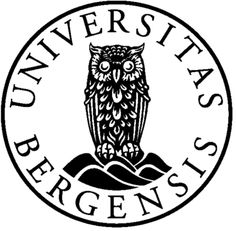Accommodation
There are on-campus and off-campus options for students. Once students are accepted NTNU will send them the housing registration form.For more information go to:http://www.ntnu.no/international/guidelines/accomodation.htmNote: For students arriving in the autumn (September/October):Due to the difficult housing situation in the student village NTNU can no longer guarantee housing unless the reservation is made before August 1st. Your housing applications should reach the International Office by June 25th, if you want to reserve your room from August 1st. This means if you are arriving in September/October you still have to pay the rent from August 1st.If you are arriving after August 1st and you choose to reserve a room from the day you plan on arriving, you will be put on a waiting list with other Norwegian and International students. Students arriving in July are not affected by this policy and will pay rent from the day they arrive. The reason the housing office has this policy is that the demand for housing at the student village is very high during the months of August/September/October.





RMIT at NTNU
Check out what RMIT students are doing at NTNU
Your say